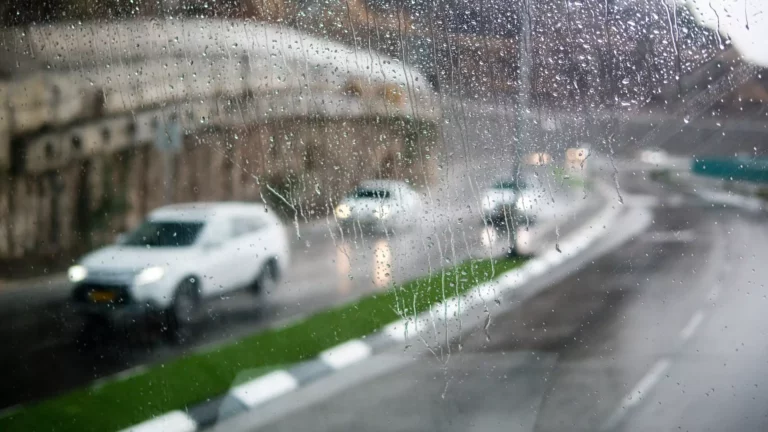5 Key Questions That You Should Ask Your Construction Injury Lawyer

Construction work is as equally demanding as it is dangerous. Handling heavy machinery, dangerous equipment, or working at great heights inherently increases the risk of accidents within the job site. According to The Center for Construction Training and Research, the injury rate in construction was 112.3 per 10,000 — significantly higher than all other industries combined.
If you are hurt in a job site accident, you may need to call a construction injury lawyer right away. Hiring a personal injury attorney improves your odds of successfully negotiating a favorable workplace injury claim. However, you may need to research and meet with potential law firms before enlisting their services.
Here are five vital questions to ask the construction injury lawyer before hiring them.
1. How Long Have You Practiced Law and What Percentage of Your Cases Related to Construction Accidents?
You may need to have experienced personal injury attorneys that have demonstrated experience in practicing personal injury law. A seasoned construction injury lawyer is well-versed in work safety regulations and the local worker’s compensation laws. You need to find an attorney that specializes in construction injury cases. How many cases similar to yours have they successfully handled in the past?
2. What Are the Strengths and Weaknesses in My Case?
You can utilize the initial consultation to get a preliminary evaluation of your claim. The question prompts the construction injury lawyer to assess the strengths and weaknesses in the defenses. While no personal injury lawyer can guarantee any outcome to a case, a quick evaluation of the facts and evidence presented can create a preliminary evaluation of your claim.
3. Do You Have Both Trial and Out-of-Court Settlement Experience?
96% of personal injury claims are settled before they get before a judge or jury. You may need to have an experienced negotiator by your side that can ensure that you receive fair compensation for injuries sustained. Circumstances surrounding the construction accident can add complications to your claim filing. Experience in both out-of-court negotiations and trials can ensure that you receive the best outcome for your case.
4. What’s Your Current Caseload?
You may need to ensure that the construction injury lawyer that you pick will be present to represent you throughout the claim filing and litigation process effectively. Personal injury law firms usually have different partners, associates, lawyers, and paralegals — all of whom may be assigned to your case. You may need to inquire if the attorney that you meet will be the one to handle the case. If you have a personal preference, you can let the lawyer know.
5. What’s Your Fee Structure?
If you decide to settle with a construction injury lawyer, you may need to understand the legal fees involved. Inquire about miscellaneous costs and the party to cater for them. Most construction injury attorneys work on a contingency basis. It means that they do not get paid till you do, only receiving a percentage of your compensation.
Time to Get in touch With a Construction Injury Lawyer
Finding a construction injury lawyer can help you understand your legal rights and seek the compensation that you deserve. If you have been involved in a construction accident and require legal assistance, reach out to Garces, Grabler and LeBrocq. We are happy to answer any queries that you may have about your case.
Related Blogs
No Fee Unless
GGL Wins
We've got you covered.
We are available 24/7/365
One of our advisers will contact you.

OFFICIAL PARTNER OF RUTGERS ATHLETICS



Recent GGL Wins
Auto Accident
Mediation award Plaintiff was injured in an intersection motor vehicle collision resulting in neck and lower back fusion surgeries.
$2 Million
Verdict
Workers Compensation
25-year-old laborer died in an industrial accident while working.
$1.15 Million
Verdict
Construction Accident
Roofer fell off roof causing head trauma resulting in a head injury. Plaintiff was not given fall restraint protection equipment by contractor.







